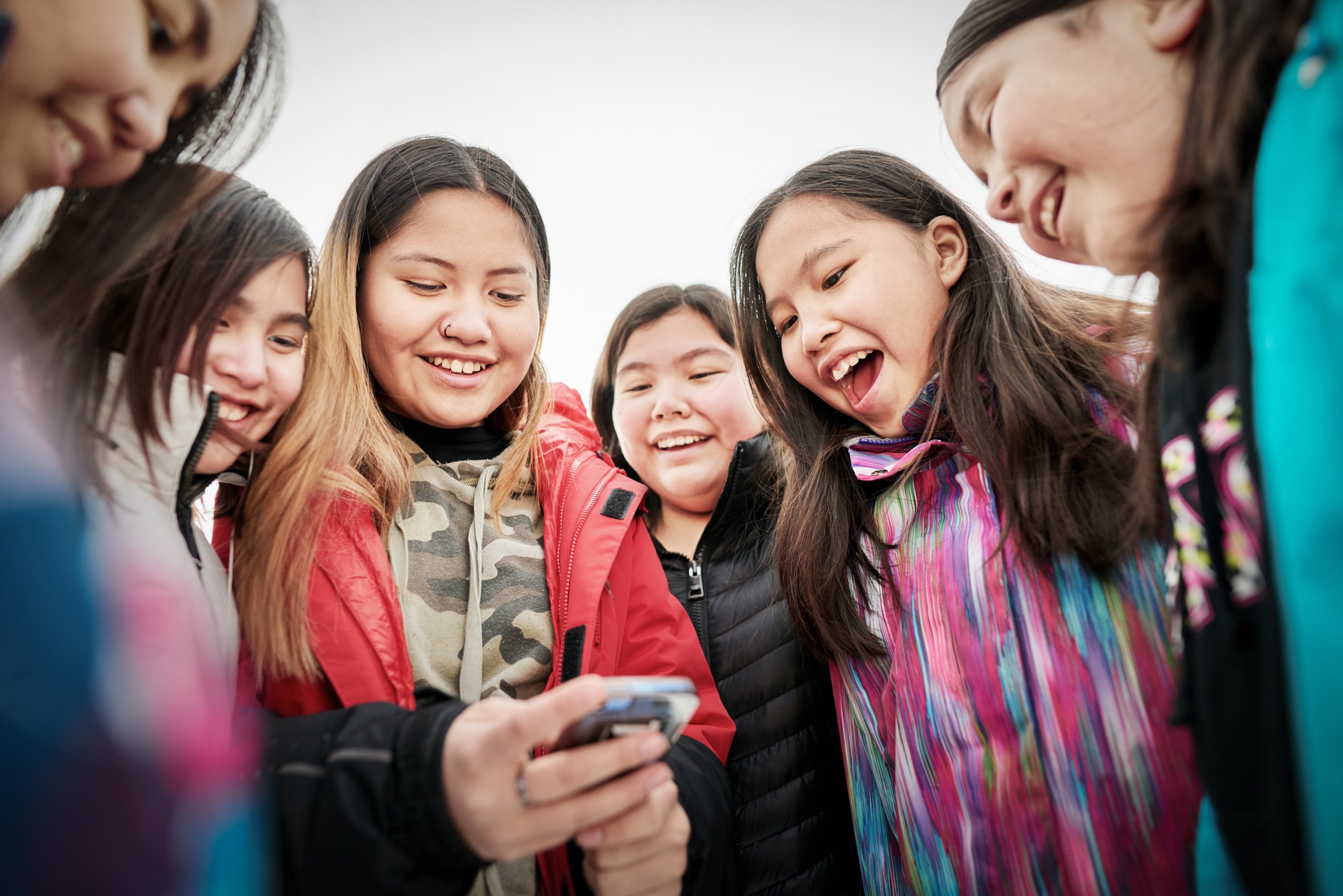
Integrated Youth Services Collaboration Centre
(IYS CC)
Integrated Youth Services (IYS) is growing across Canada, with various initiatives driving the effort to share knowledge and expertise, and implement IYS practice throughout the country. Read below to learn about the work done by the IYS Collaboration Centre, who is involved, and the values that guide the work.
Integrated Youth Services Collaboration Centre (IYS CC)
The Integrated Youth Services Collaboration Centre is a pan-Canadian initiative supporting better care for youth across Canada. It brings together IYS networks from every province and territory to share knowledge, tools, and strategies—helping young people access the right support, in the right place, at the right time.
The IYS CC provides strategic and administrative coordination and facilitates shared leadership amongst IYS initiatives and researchers across Canada. With the goal of improving youth mental health and well-being outcomes by strengthening IYS implementation across Canada, the IYS CC serves as a central hub for:
Knowledge sharing
Research and evaluation
Data platform development
Capacity building and workforce development
Youth and family co-leadership in pan-Canadian IYS
IYS is built with youth, for youth—and recognizes that mental health is connected to every part of life. The model is grounded in equity, collaboration, continuous learning, and youth engagement.
IYS Across Canada
Goals
The IYS CC aims to support the development, delivery, and evaluation of high-quality IYS programs across Canada by strengthening connections between youth, caregivers, provincial/territorial IYS networks, Indigenous-led IYS initiatives, and IYS researchers.
Through sharing of best practices, research, and innovative approaches across regions, the IYS CC will focus on improving health equity by centering the needs of youth facing systemic barriers, including Indigenous, Black, newcomer, and 2SLGBTQ+ youth
The Interim IYS CC Strategic Leadership Table
As far back as 2015, IYS leaders and researchers across Canada have been working together to build more integrated and youth-friendly services.
The Centre is guided by a pan-Canadian Interim Strategic Leadership Table made up of provincial and territorial IYS initiatives and researchers from across the country. This team sets the direction and ensures alignment with shared principles and goals.
The Interim Strategic Leadership Table (SLT) consist of:
IYS Practice Leads
IYS Research Leads
IYS CC Leadership
IYS CC activities are co-led by the Centre for Addiction and Mental health (CAMH) in Ontario and Providence Health Care (PHC) in British Columbia.
Collaboration, engagement and knowledge-sharing remain core values of IYS. Central to IYS research and practice, researchers and networks employ a Learning Health System (LHS) approach to ensure continuous innovation.
An LHS embeds and applies research, data, experience and knowledge into processes, policies and practice. LHSs follow the learning cycle, a continuous feedback loop that builds and evolves around real-time experiences of working with young people, families and communities.
The learning cycle
*Adapted from the Canadian Institutes of Health Research.
In a Learning Health System (LHS), practice, data and knowledge keep connecting in a cycle.
Practice to data
Each IYS network gathers the same data, like who is using the services, what kind of help they get, who is giving the support and how well does it work.
Data to knowledge
Data helps us to learn new things, like which youth are not finding support, how many staff are needed and which ways of helping youth are working best.
Knowledge to practice
New learnings are used to improve services and build IYS capacity through training or other resources. The improvements could include making access to services and outcomes more equitable and providing more culturally appropriate and culturally-specific services.

